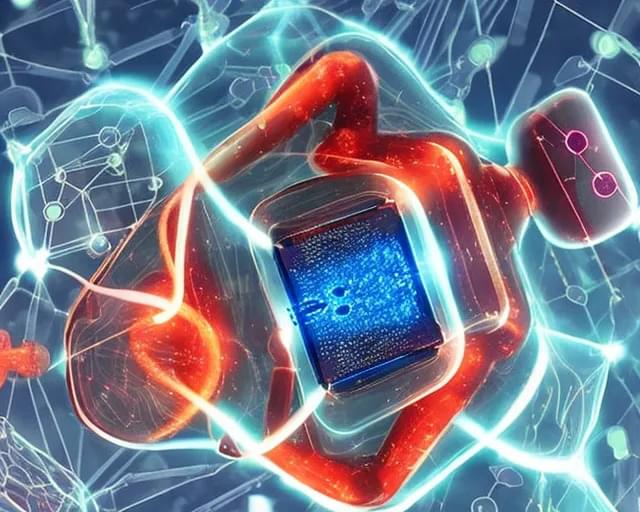Part 1: the future of medicine: nanobots part 2: a new era in mental health: nanobots part 3: the healing power of nanobots part 4: the genetic and data-connected revolution: nanobots part 5: the end of plastic surgery: nanobots part 6: the fertility revolution: nanobots part 7: the job-specific human: nanobots part 8: the end of education as we know it: nanobots part 9: the rise of programmable matter: nanobots part 10: the next generation of humans: nanobots.
Nanotechnology is a rapidly evolving field with the potential to revolutionize medicine in the future. One of the most promising applications of nanotechnology is the use of nanobots in medicine. Nanobots are microscopic robots that can be programmed to perform specialized activities such as disease diagnosis and treatment. They can be used to diagnose and treat a wide range of conditions, including mental illnesses such as depression and anxiety, as well as physical injuries and illnesses.
One of the most interesting potential applications of nanobots in medicine is the treatment of mental illnesses. Mental illnesses are among the most common and devastating diseases of our time. They can be programmed to constantly map the brain and correct faults as they develop. Alzheimer’s disease may theoretically be treated if a person was implanted with nanobots at birth.
